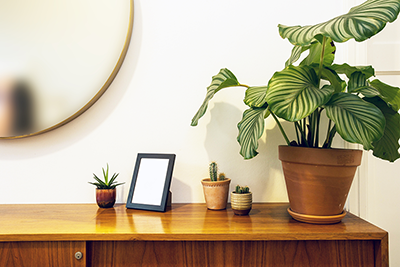Indoor Air Quality
 You probably know that it's harmful to breathe in polluted air when you're outside. The same is true when you're indoors. We spend about 90% of our time indoors – at home, at work, at school, or when we go to shops or restaurants. Poor indoor air quality has been linked to lung diseases like asthma, COPD and lung cancer.
You probably know that it's harmful to breathe in polluted air when you're outside. The same is true when you're indoors. We spend about 90% of our time indoors – at home, at work, at school, or when we go to shops or restaurants. Poor indoor air quality has been linked to lung diseases like asthma, COPD and lung cancer.
Indoor air pollution is dust, dirt or gases in the air inside a building such as your home or workplace that harms us if we breathe it in.
Types of air pollution include:
- particulate matter (PM) – microscopic particles of dust and dirt in the air
- gases – carbon monoxide, nitrogen oxides, sulphur dioxide
Indoor air pollution can be caused by many things. These include:
- how you heat your home
- how you cook
- poor ventilation
- damp
- chemicals in cleaning products
- some building materials
You may experience indoor air pollution at your home, workplace or in other buildings.
The quality of the air you breathe anywhere is especially important if you're living with a lung condition like asthma or chronic obstructive pulmonary disease (COPD). For further information please visit the British's Lung Foundations webpage on indoor air pollution  .
.
Indoor plants are also a potentially beneficial measure for improving indoor air quality  and can also improve mood and reduce stress for occupants
and can also improve mood and reduce stress for occupants  . Thanks to research by NASA, there is scientific evidence than plants can remove common harmful substances found in modern building interiors.
. Thanks to research by NASA, there is scientific evidence than plants can remove common harmful substances found in modern building interiors.
